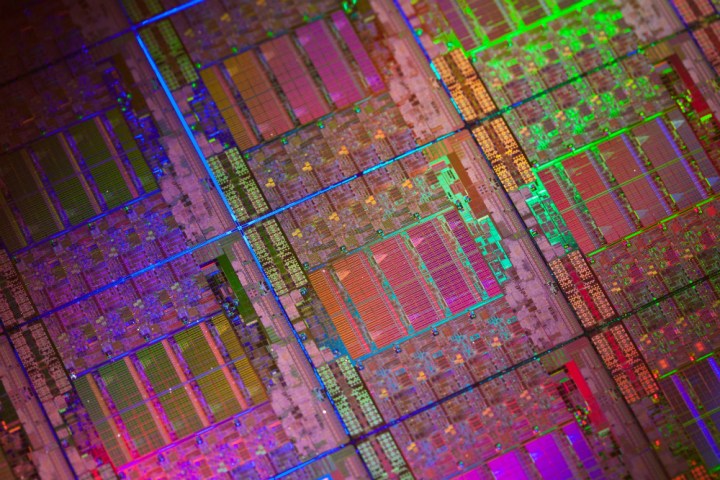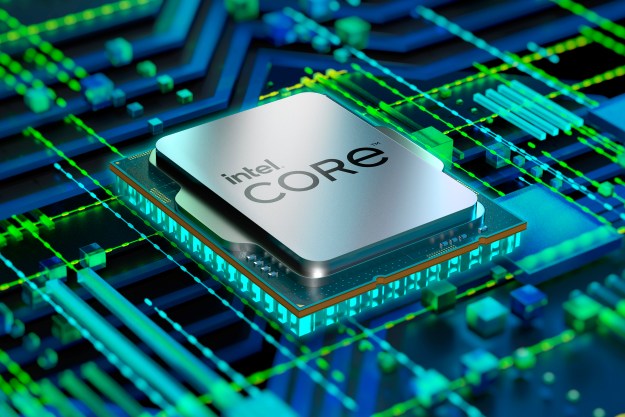
“We will have more to say about the eighth-gen Intel Core processor in the future” Bryant stated in an official press release, “but it’s exciting to share that in the latest testing we’re seeing a performance improvement of more than 30 percent over the seventh-gen Intel Core processor.”
That improvement is, according to Intel’s notes, based on comparing eighth-generation hardware to an Intel Core i5-7500U processor in SYSmark 2014. It appears Intel is obtaining at least some of its gain through improved clock speed. The Core i5-7500U has a maximum Turbo Boost clock of 3.5GHz, while the theoretical eighth-generation chip used by Intel for its comparison has a maximum Turbo Boost of 4GHz. Intel says the projected performance gain is subject to a seven percent margin of error.
A 30 percent boost for eighth-generation hardware would give Intel’s processor lineup some relief. While its processors are still faster than AMD’s Ryzen in terms of per-core performance, the modest generation-over-generation gains in recent Intel hardware have bored many PC enthusiasts. The last few generations have improved by 10 to 15 percent when compared to their predecessor.
While Intel did provide an estimate of the gains its new hardware might provide, the company offered few other details. The exact release date is unknown, and it’s unclear which processor family will first receive the eighth-generation treatment. Intel’s decision to base its claim of 30 percent better performance on the Core i5-7500U, which is a laptop-class chip, suggests mobile PCs will take point. That, however, is simply speculation on our part.
Whatever the case, we’re eager to hear more about Intel’s new hardware later this year, and equally eager to see AMD’s response.
Editors' Recommendations
- Intel 14th-gen Meteor Lake: architecture, specs, and performance
- Intel Raptor Lake CPUs: Everything we know about the 13th-gen processors
- Intel Alder Lake-HX shows only marginal performance gains
- Intel’s next-gen chips could run at blazing-fast 5.8GHz
- New Intel Core i9-12900KS beats AMD’s best by almost 30%


